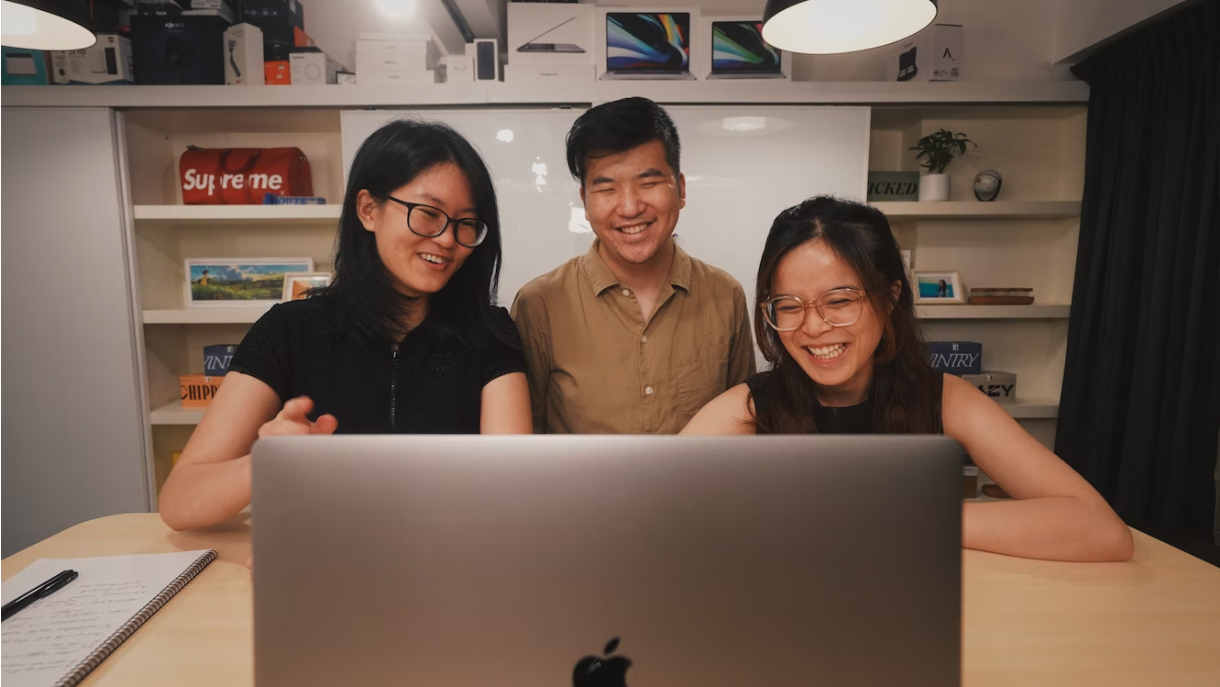JGE321 Multicultural Perspectives on Environmental Issues Syllabus
University of Toronto, Winter 2016
About This Course
Deforestation, desertification, water scarcity, biodiversity loss, climate change and other environmental problems have reached global dimensions and are believed to put humans and other living species at risk. And yet, the impacts of such environmental problems are unequally distributed within and across countries, regions, groups, as well as among individuals who understand, experience and interact with their environments in different ways. Critical to the understanding of the environmental challenges we currently face, and to the search for a more sustainable future, is the recognition that environmental issues are complex and are embedded in a variety of local, cultural, and socioeconomic contexts that are connected with global networks of exchange, extraction and power. The course uses concepts and ideas from various disciplines, such as anthropology, economics, geography and sociology, as well as from some interdisciplinary fields to shed light on these issues. It draws on case studies from multicultural rural settings in Latin America, Africa and Asia, to illustrate the challenges that people face when interacting with the environment and the politics that surround them in a variety of contexts. The course draws first from the perspectives of sustainable livelihoods, cultural ecology and historical ecology to examine some of the ways in which different human groups make a living from the land and natural resources, as well as their role in shaping the landscape. Next, we delve into the concept of traditional ecological knowledge and its role in resource management. The course then explores how people interact and societies organize to address environmental issues through the concepts of social capital and collective action. Concepts from political ecology and political geography help to identify the political dimensions of environmental issues and to examine environmental injustices within and among societies. Finally, we use the concepts of civil society and social and environmental movements to begin exploring some possibilities for a more just and sustainable future. The course consists primarily of lectures, complemented by slides, some videos, and in-class discussions. Guest speakers may also be invited.
Automatically Turn Your Notes Into Practice Tests
Convert your notes into multiple-choice questions using AI so you can quiz yourself on Questionate!
